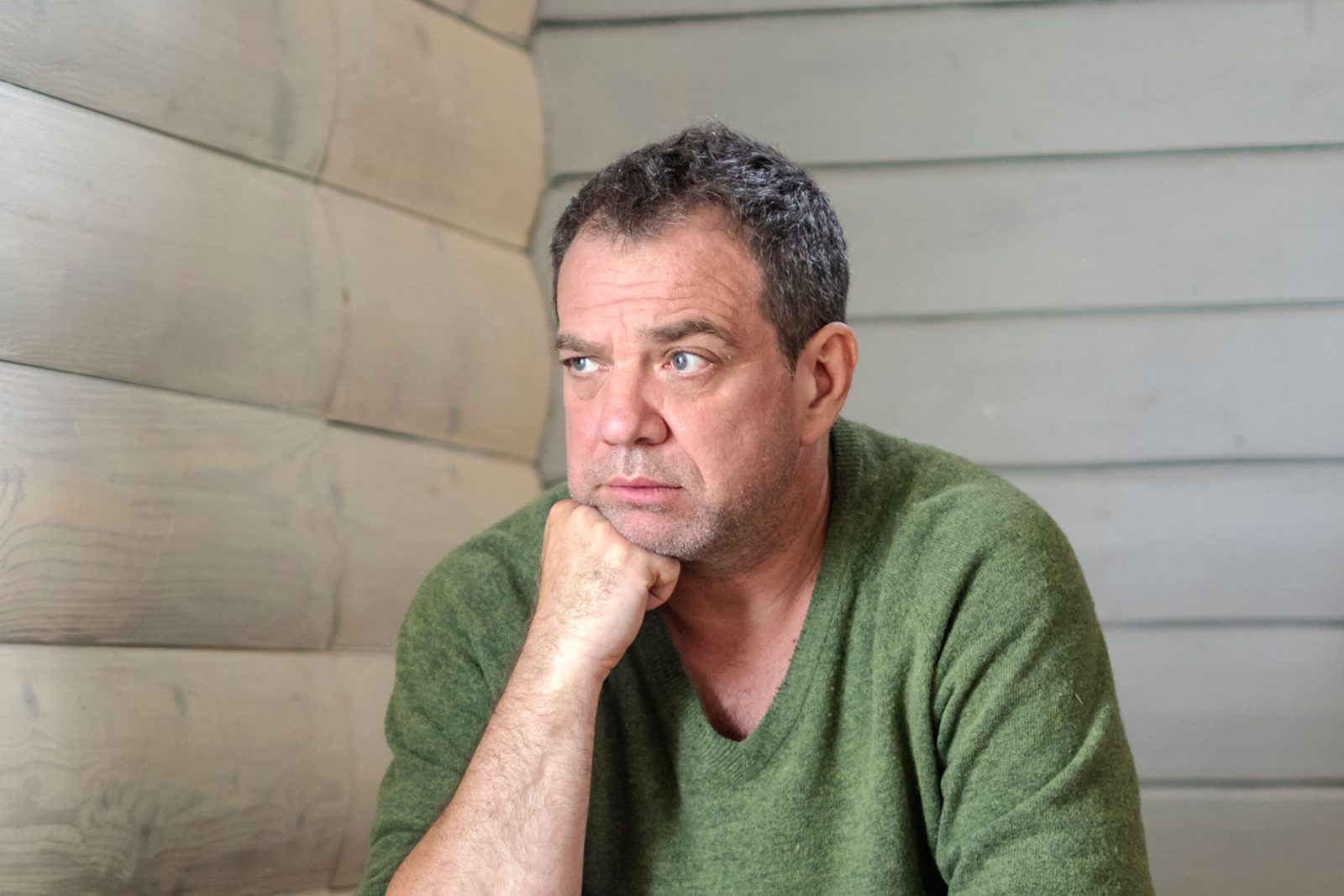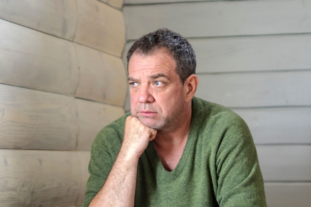Discover the signs and symptoms of depression, a mental health condition that affects millions worldwide. Learn about how to get the support you need to manage your depression and improve your quality of life.
-
Depression
Everyone feels sad or down from time to time, but this does not necessarily mean you are depressed. Depression is the intense feeling of sadness, hopelessness, or irritability that is ongoing – lasting weeks, months or even years. The symptoms of depression can have a big impact on our daily life, long term physical and mental health, work, and relationships. However, depression is treatable, and help is available to recognise the signs, and address it.
-
Depression symptoms
According to the Australian Bureau of Statistics (ABS), around 1 in 6 Australians have experienced a mood disorder, including depression, at some point in their lives. [1]
Depression can affect people of all ages and backgrounds. It may develop due to a mix of factors, including biological influences (such as family history or physical health conditions) and life experiences (such as stress, loss, long-term illness, or relationship difficulties).
Everyone experiences depression differently, and signs and symptoms can vary from person to person and may change over time.
Common depression symptoms may include:
- Feeling sad, moody or irritable, numb or empty (without an obvious reason)
- Not feeling like seeing others, or doing the things you usually enjoy
- Being overly self-critical
- Feeling like you’re not coping
- Losing your temper more than usual
- Losing your appetite, or over-eating
- Finding it hard to sleep, or sleeping for longer periods
- Drinking more than usual – alcohol and drugs are often used to cope with depression, but also contribute to the problem
- Feeling angry, worthless or hopeless.
[1] Australian Bureau of Statistics (2022). National Study of Mental Health and Wellbeing, 2020–2022. https://www.abs.gov.au/statistics/health/mental-health/national-study-mental-health-and-wellbeing/latest-release
-
Treatment of Depression
The good news is that there are medical and psychological treatments for the symptoms of depression. For some, a combination of medication and psychological treatments may work best. It is important to find an individual approach that works for your situation. Talk to your GP or counsellor about what might work best for you.
You can also work on some simple things that may help (but don’t rush it). This might include returning to activities you enjoyed before, talking with family and friends about how you are feeling, and aiming to get regular exercise and eating healthily. Read our resource for some strategies on coping with depression.
Remember, you don’t have to suffer in silence. If you need help, the most important step is to talk to someone. If you’re struggling with the symptoms of depression call MindHealth on 1300 029 131 or access online counselling to speak with one of our experienced counsellors who can help you get back on track.
MindHealth is a free professional counselling service operating between 7am and 9pm Monday to Saturday for people 15 years and older living or working in the Hunter New England and Central Coast regions.
Get support now by selecting one of our counselling options below.
Stress Management
The symptoms of stress are the body’s natural defense when we feel as if we’re in danger. Here are some tips on how to manage the signs of stress.
Learn MoreSymptoms of Depression
The symptoms of depression can have a big impact on our daily life, long term physical and mental health, work, and relationships. However, help is available to recognise the signs, and address it.
Learn MoreBreathing and Relaxation Exercises
Never tried breathing and relaxation exercises? Here are two simple programs to help you get started.
Learn More


